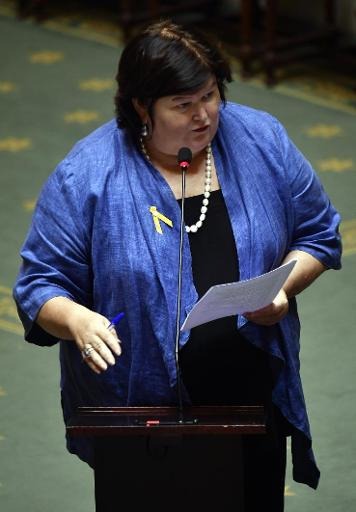Maggie De Block, the federal Minister for Health, announced on Friday that the reimbursement of freezing genetic material (so-called “onco-freezing”), has now been extended to two new patient groups. These are women with a borderline ovarian tumour (non-cancerous) and patients suffering from a hematopoietic disorder, such as thalassemia (within the group of hereditary diseases caused by a lack of haemoglobin breakdown), or sickle cell anaemia, requiring a stem cell transplant.
The minister says that the full reimbursement for “onco-freezing” for patients with cancer has been effective from mid-April 2017. It affects cancer patients who are having intensive treatment, or woman whose ovaries must be removed as a precaution.
As indicated above, this reimbursement is now extended to two new patient groups. These are women with a borderline ovarian tumour (non-cancerous) and patients suffering from a hematopoietic disorder, such as thalassemia or sickle cell anaemia, requiring a stem cell transplant.
Estimates indicate that around fifty and twenty patients in the cancer and blood-cell related categories per year might be able to resort to it.
The process is mainly used for young patients, the treatment of whom will be able to alter their fertility. Genetic reproductive material such as oocytes (ovarian cells which may divide to form an ovum), sperm cells, testicular tissues and ovaries, is extracted, frozen and retained. Maggie De Block outlines, “If after their treatment, they want their wish to have children to become a reality, it is still perfectly possible.”
Onco-freezing of sperm, testicular tissues or ovaries costs €1,300, which increases to €3,400 for oocytes. A budget of €4 million per year has been set aside to cover reimbursement of these costs.
Between mid-April 2017 and mid-January 2018, 303 patients with a cancer froze their genetic material, with the intention of its being used for subsequent reproduction.
The Brussels Times

